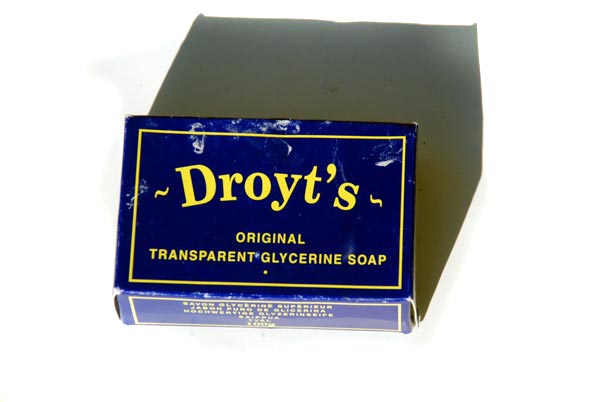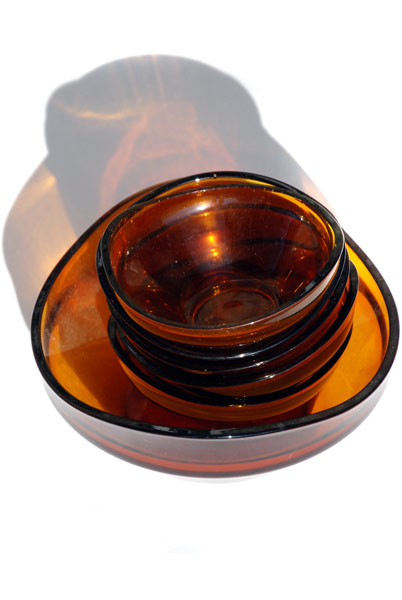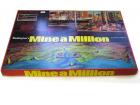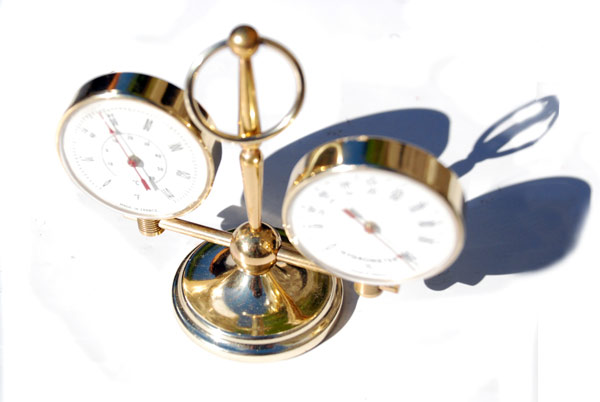Tin
In the 1960's the tin can (actually made from steel with a thin layer of tin) began to be replaced by aluminium, which was more malleable and just as effective against corrosion.
Potassium

Potassium is essential to both plant and animal life. It is one of the three macronutrients (in addition to nitrogen and phosphorus) required by plants.
In humans, potassium plays a number of essential roles, such as transmitting chemical messages between nerve cells, causing the contraction of muscle cells, aiding in the digestion of foods, and maintaining proper function of the eyes.
Boron

BORON is used to make alloys. Among the most important of these alloys are those containing iron and neodymium along with boron. They are used to make some of the strongest magnets ever developed.
These magnets are used for microphones, magnetic switches, loudspeakers, headphones, particle accelerators, flame retardent and Pyrex dishes.






